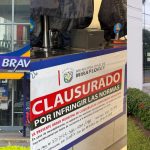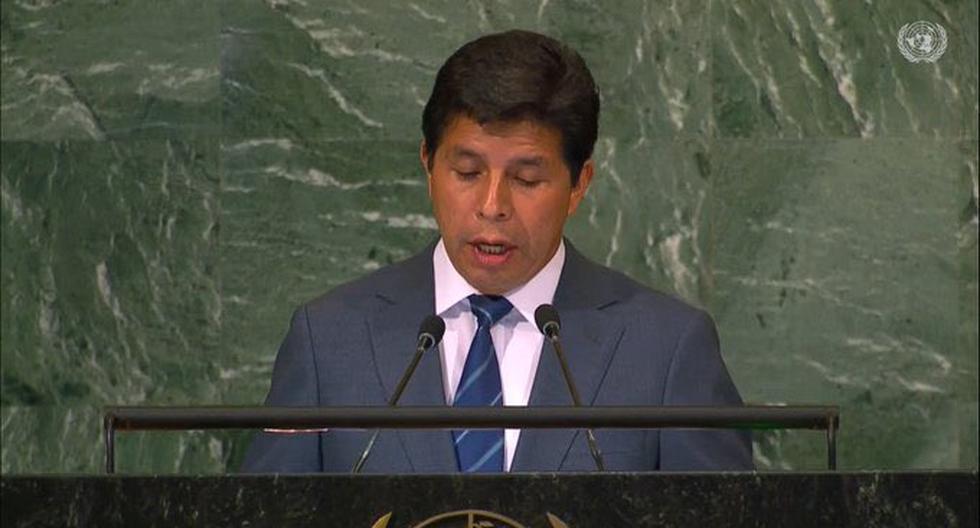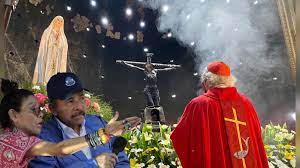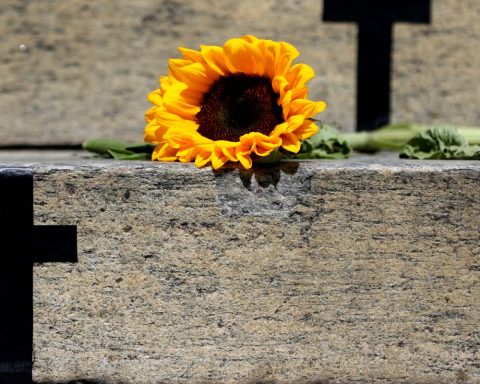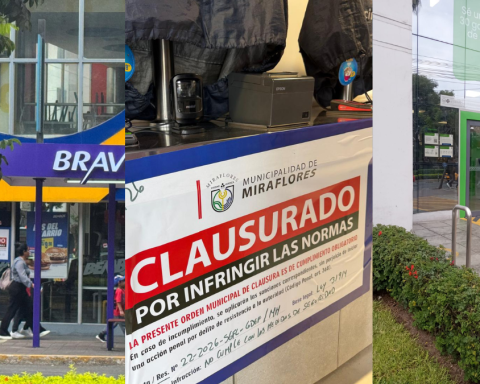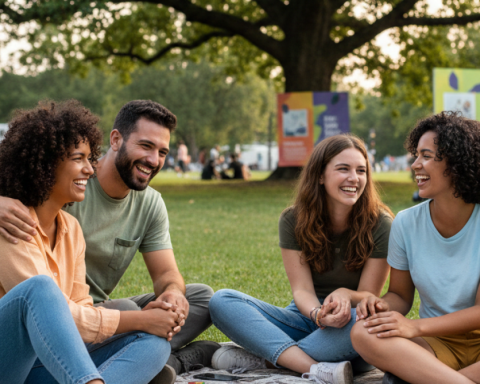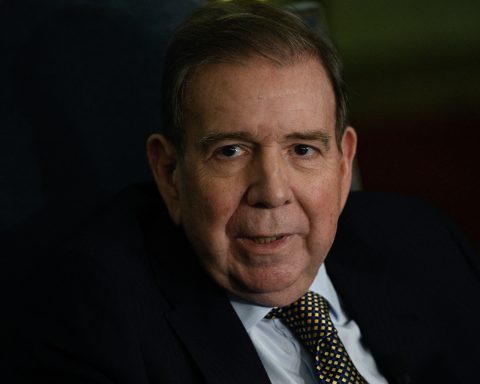Horacio Cartes, former President of the Republic, was designated “significantly corrupt” by the United States Government on July 22. It is estimated that an extradition request may be requested by the Department of Justice in the coming months.
Faced with rumors that the Public Ministry would be preparing an accusation against the former president to hinder extradition, Manuel Doldán, prosecutor for International Affairs, stated for 1080 AM that 80% of the extraditions granted in our country were to persons accused and even convicted.
WILL ANALYZE REQUEST
Hugo Velázquez, current Vice President of the Republic, suffered a similar fate to Cartes. Both he and his secretary Juan Carlos “Charly” Duarte.
The Department of Justice of the United States, acknowledged receipt of the request for a report from the Paraguayan Public Ministry on the reasons why the second of the Executive and his assistant received such designation.
In this regard, Doldán explained that what the Public Ministry does with this is to verify if what was announced by the US embassy in our country are criminal acts for the Paraguayan Justice.
“Once the criminal relevance of the facts transmitted by the embassy is detected, a criminal case will be opened to investigate the same facts. Within the framework of this case, which is already judicial, there are international treaties on the basis of which Paraguay requests cooperation from foreign justices to incorporate elements to continue the criminal investigation”, he explained.
The assigned prosecutors invoked a United Nations convention and an Inter-American convention on mutual assistance in criminal matters, signed in the Bahamas, on legal assistance. Doldan was in charge of transmitting this request to the United States Department of Justice. Now that said country has acknowledged receipt and hired a trial lawyer, he will study whether the requirement will be fulfilled or not.
IF THEY REFUSE
Finally, regarding the possibility that the United States refuses to send the reports, Doldán expressed that in principle they are obliged to cooperate, since it is a universal premise in the fight against crime, unless there is a violation of internal laws. from United States. “In general terms, I find no motivation for them not to collaborate,” he concluded.








